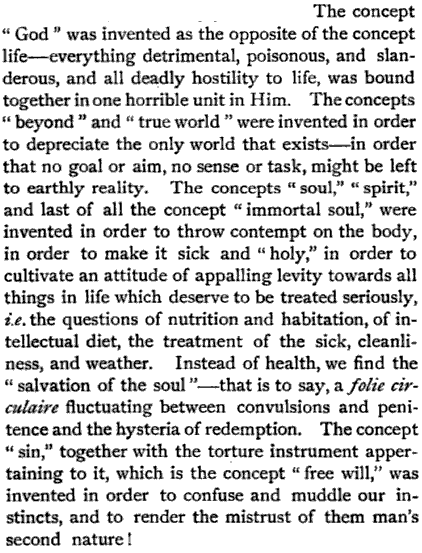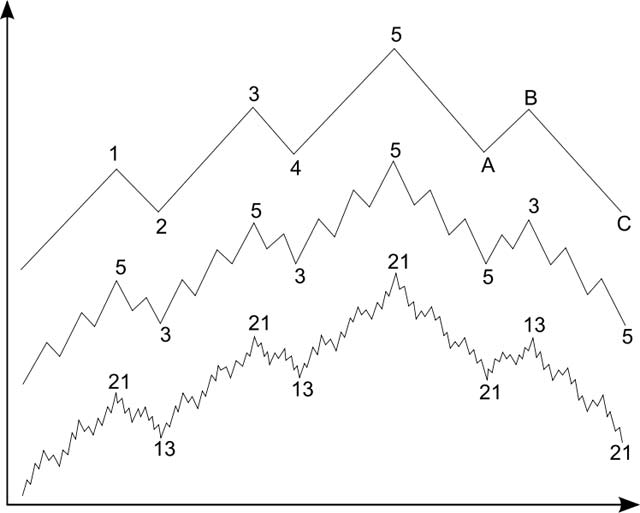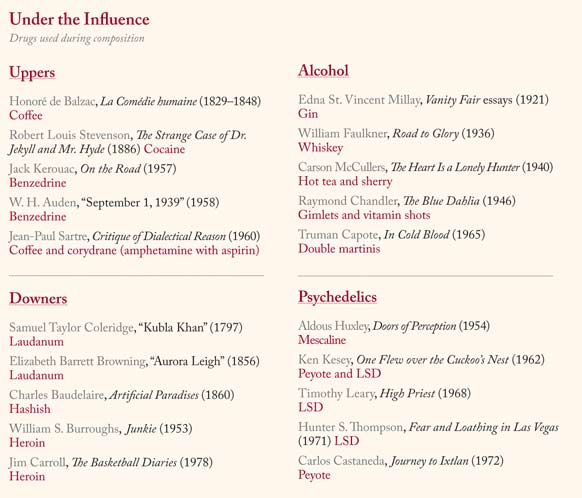The question of nutrition is closely related to that of locality and climate. None of us can live anywhere; and he who has great tasks to perform, which demand all his energy, has, in this respect, a very limited choice. The influence of climate upon the bodily functions, affecting their retardation or acceleration, is so great, that a blunder in the choice of locality and climate may not merely alienate a man from his duty, but may withhold it from him altogether, so that he never comes face to face with it. Animal vigor never preponderates in him to the extent that it lets him attain that exuberant freedom in which he may say to himself: I, alone, can do that. (…)
The slightest torpidity of the intestines, once it has become a habit, is quite sufficient to turn a genius into something mediocre, something “German;” the climate of Germany, alone, is more than enough to discourage the strongest and most heroic intestines. Upon the tempo of the body’s functions closely depend the agility or the slowness of the spirit’s feet; indeed spirit itself is only a form of these bodily functions. Enumerate the places in which men of great intellect have been and are still found; where wit, subtlety, and malice are a part, of happiness; where genius is almost necessarily at home: all of them have an unusually dry atmosphere. Paris, Provence, Florence, Jerusalem, Athens–these names prove this: that genius is dependent on dry air, on clear skies–in other words, on rapid organic functions, on the possibility of contenuously securing for one’s self great and even’s quantities of energy. I have a case in mind where a man of significant and independent mentality became a narrow, craven specialist, and a crank, simply because he had no feeling for climate. I myself might have come to the same end, if illness had not forced me to reason, and to reflect upon reason realistically.
Now long practice has taught me to read the effects of climatic and meteorological influences, from self-observation, as though from a very delicate and reliable instrument, so that I can calculate the change in the degree of atmospheric moisture by means of this physiological selfobservation, even on so short a journey as that from Turin to Milan; accordingly I think with horror of the ghastly fact that my whole life, up to the last ten years–the most dangerous years–has always been spent in the wrong places, places that should have been precisely forbidden to me. (…)
But it was ignorance of physiology–that confounded “Idealism”–that was the real curse of my life, the superfluous and stupid element in it; from which nothing good could develop, for which there can be no settlement and no compensation. The consequences of this “Idealism” explain all the blunders, the great aberrations of instinct, and the modest specializations which diverted me from my life-task; as, for instance, the fact that I became a philologist–why not at least a doctor or anything else that might have opened my eyes? During my stay at Basel, my whole intellectual routine, including my daily schedule, was an utterly senseless abuse of extraordinary powers, without any sort of compensation for the strength I spent, without even a thought of its exhaustion and the problem of replacement. I lacked that subtle egoism, the protection that an imperative instinct gives; I regarded all men as my equals, I was disinterested, I forgot my distance from others–in short, I was in a condition for which I can never forgive myself. When I had almost reached the end, simply because I had almost reached it, I began to reflect upon the basic absurdity of my life-ldealism. It was illness that first brought me to reason.
{ Nietzsche, Ecce Homo, 1888 }






















